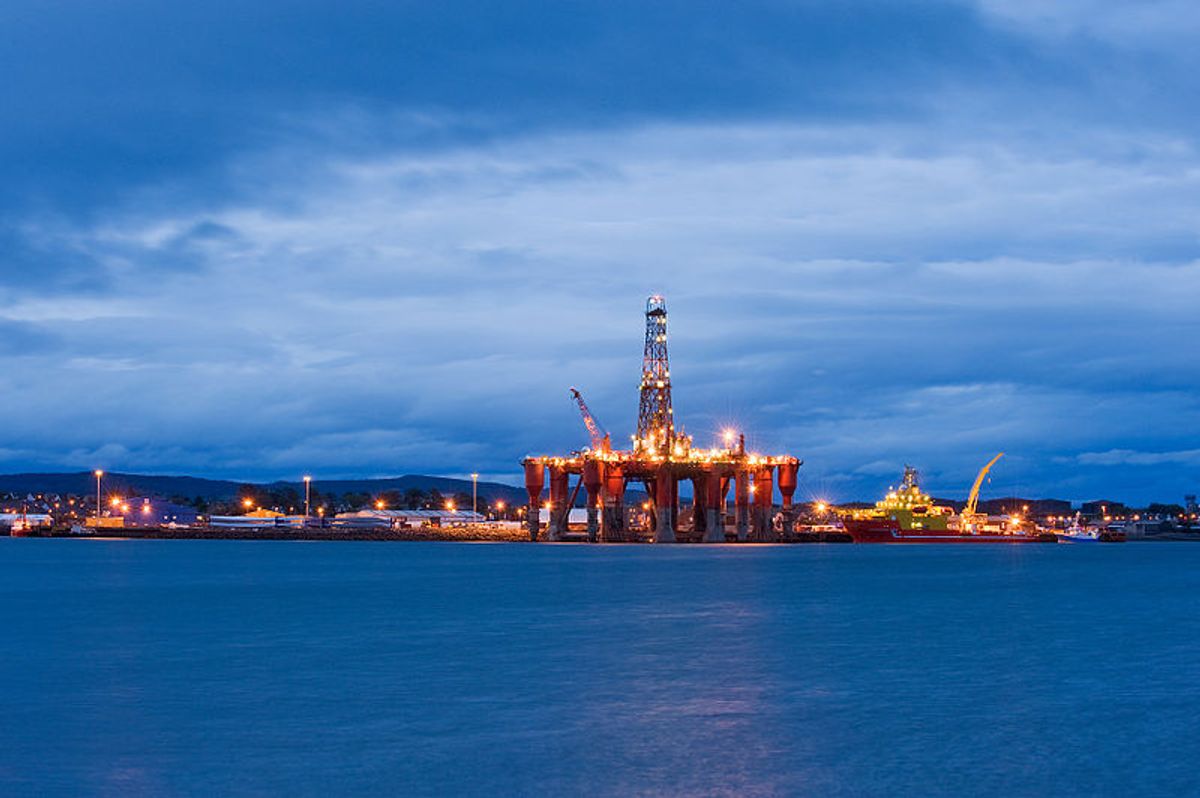The death of Sarah Darnley in the helicopter crash last Friday, in which three other oil workers died, marked a sad milestone: she is believed to have been the first woman killed in a North Sea oil rig accident. Darnley, 45 and from Elgin in north-east Scotland, had worked as a steward for a catering company for more than 20 years – a job she enjoyed, according to her family. Her sister told Glasgow's Herald newspaper: "Working offshore enabled her to pursue her love of travelling. She worked in the Falkland Islands, Congo and Turkey, as well as the North Sea."
Since 2006, there has been an 18.7% increase in the number of women travelling offshore for oil and gas companies, but they still make up a tiny proportion of the offshore population – just 3.7%. Just under a third of these women work in catering, with around 1,500 women in other jobs, mainly maintenance and health and safety.
Ann Cairns is now MasterCard's president of international markets, but she started her career as a research engineer on a North Sea oil rig 30 years ago – the first woman in the UK qualified to work offshore. "There were no women's loos, and no locks on the doors either, so I had to sit with my feet on the door so no one came in," she said in an interview a few months ago.
While gender diversity still has a way to go, things have improved for female offshore workers. Sophia Kellas-McKenzie, 28, a field engineer, works offshore for two weeks at a time and had no worries that she would be one of only a few women. "Some men don't think it's right that women are on the field, but generally most are great and I enjoy being offshore." On the rigs she works on, there are quite a few women who work in catering but she tends to be the only woman on the drill floor. Hers is quite a physical job and there have been times, she says, "when one or two [men] have told me I couldn't possibly help them with a physical task because I must be too weak, even though I'm probably stronger than a lot of them." Because there are so few women, she often gets a cabin to herself.
The language on the rig might sometimes be blunt, even aggressive sometimes – "you can't be sensitive," she says). But it's not really sexist. "It's not as bad as a lot of people seem to think it would be for a woman."
![]()



Shares